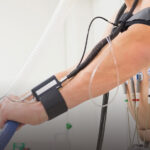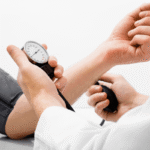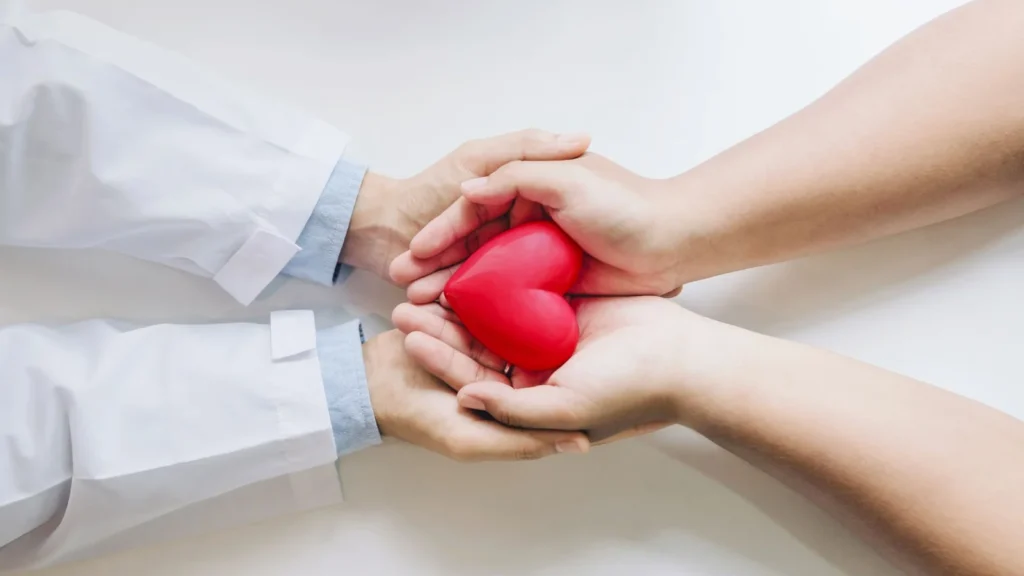Key Pointers:
- Low iron limits oxygen delivery, straining the heart and lowering exercise capacity.
- Symptoms: fatigue, breathlessness, palpitations, dizziness, and pale skin.
- Eat iron-rich foods (red meat, shellfish, legumes, greens) with vitamin C for absorption.
- Use supplements only under medical advice; investigate bleeding or malabsorption.
- Optimising iron supports heart function, vital in existing cardiovascular disease.
Iron plays a vital role in keeping your heart strong and your body energised. It’s not just about avoiding fatigue; iron deficiency can directly affect your heart’s function and overall cardiovascular health. In Singapore, where dietary habits and underlying health conditions vary widely, it’s important to understand how low iron levels could be silently putting strain on your heart.
Whether you’re already dealing with heart-related concerns or want to stay on top of your health, know how boosting iron supports a healthier heart, and what you can do to maintain optimal levels.
Why Iron Matters for Your Heart
Iron is essential for the production of haemoglobin, the protein in red blood cells that carries oxygen from your lungs to the rest of your body. When your iron levels drop, your heart has to work harder to pump oxygen-rich blood. Over time, this can lead to:
- Increased heart rate
- Shortness of breath
- Palpitations
- Worsening of existing heart conditions
- Heart failure in severe, prolonged cases
For individuals with cardiovascular disease, iron deficiency is often underdiagnosed and can quietly worsen fatigue and physical performance.
Signs of Iron Deficiency to Watch For
Some signs of low iron can be subtle or overlap with heart-related symptoms. Look out for:
- Persistent tiredness or weakness
- Pale skin or cold hands and feet
- Shortness of breath during mild exertion
- Dizziness or light-headedness
- Chest discomfort or irregular heartbeat
- Headaches or poor concentration
If you are experiencing these symptoms, particularly if you have known heart issues, it is crucial to have your iron levels checked through a simple blood test.
How to Boost Your Iron Levels
1. Iron-Rich Foods
Eating the right foods is a natural and effective way to boost iron. Include:
- Red meat (beef, lamb, liver)
- Seafood (especially clams, sardines, and tuna)
- Dark leafy greens (spinach, kang kong)
- Legumes and lentils
- Tofu and tempeh
- Fortified cereals and grains
Pair these with vitamin C-rich foods like oranges, strawberries, and tomatoes to enhance absorption.
2. Iron Supplements
In cases of moderate to severe deficiency, your doctor may recommend iron supplements. These are available in tablet or liquid form and are generally effective, though they should only be taken under medical supervision to avoid side effects or excessive iron levels.
3. Treat Underlying Causes
Sometimes, iron deficiency stems from conditions like gastrointestinal bleeding, poor absorption (e.g., in those with IBS or celiac disease), or heavy menstrual bleeding. Managing these conditions is key to restoring healthy iron levels.
3. Swollen Feet or Ankles
4. Waking Up Breathless at Night
5. Persistent Cough or Wheezing
Iron and Heart Health: A Two-Way Street
Iron deficiency doesn’t just cause tiredness; it can limit your ability to exercise, recover, and live actively, especially if you have heart conditions like heart failure or arrhythmias. By keeping your iron levels in check, you’re helping your heart to function efficiently and lowering the strain on your cardiovascular system.
Keep Your Heart Energised and Strong
If you’re feeling persistently low on energy or dealing with heart-related symptoms, a quick blood test and nutritional evaluation can make all the difference.
Speak with our team at Heart Matters Cardiac Centre to learn more about boosting iron for a strong heart.















